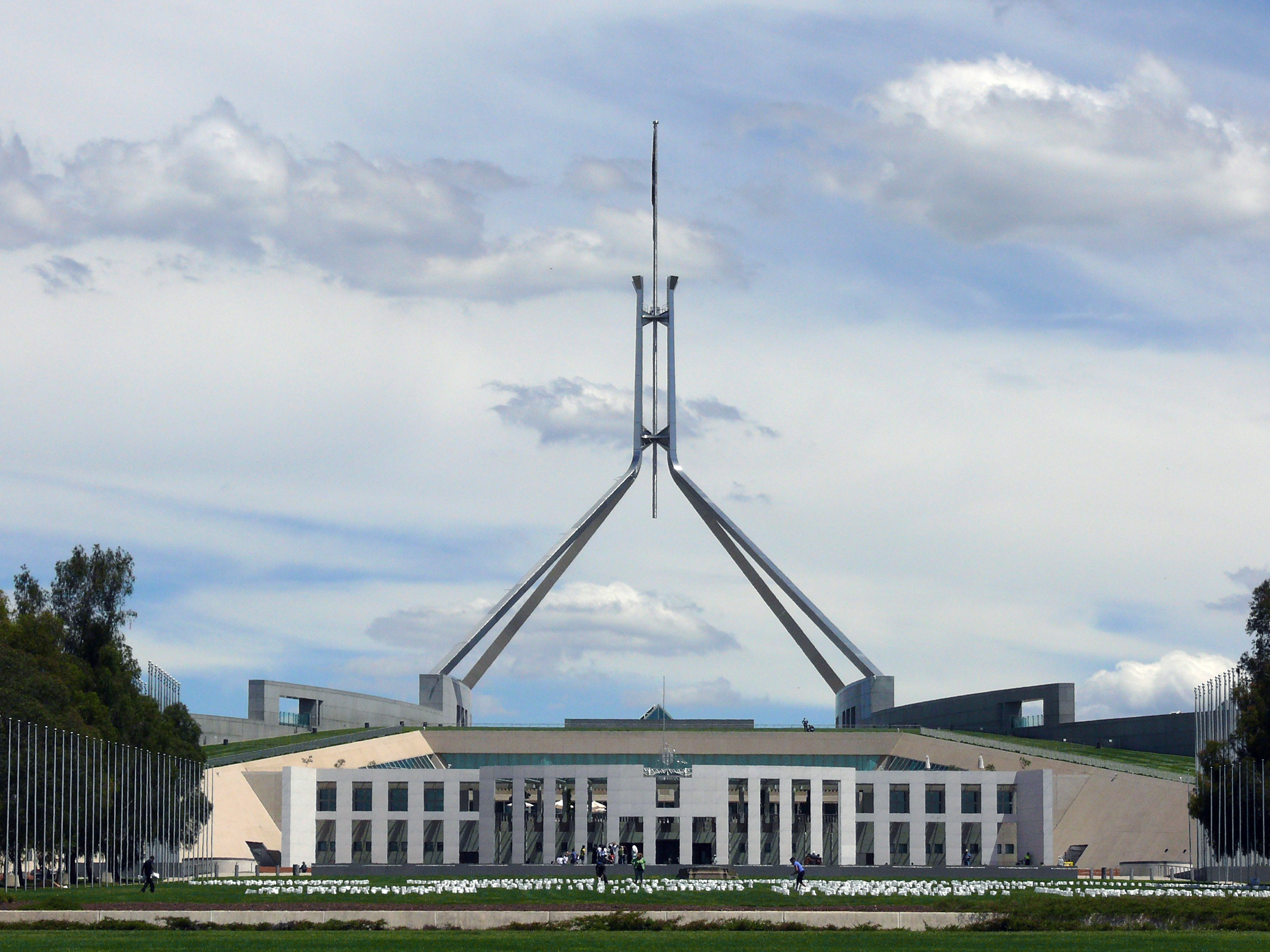
Australian MPs yesterday condemned prison sentences recently received by seven Baha’i leaders in Iran.
Speaking in support of a bipartisan motion on human rights in Iran, the MPs called on the Iranian Government to halt the persecution of the Baha’i community and to end other human rights abuses.
“Draconian”
The member for Blair, Shayne Neumann, condemned as “draconian, egregious and outrageous” the charges of espionage, anti-government propaganda, collaboration with Israel and spreading corruption of earth that were levelled against the seven Baha’i leaders.
“I add my strongest condemnation of the Iranian regime for the detention and sentencing of the Baha’i seven in this really draconian and repressive way,” said Mr Neumann, referring to the 20 year sentences reportedly reduced to 10 years.
There are now 50 Baha’is in prison in various locations in Iran, said Mr Neumann, the Government MP who moved yesterday’s motion.
“All are in jail for their religion. Some have been held for more than 13 months in so-called temporary detention. Around 250 Baha’i still have open cases at various stages of the Iranian judicial process.”
The member of Parramatta, Julie Owens, said “no language that we use in this Parliament will ever be able to convey the horror that some of these people experience at the hands of this regime.
“I call on the Iranian government to abide by the International Covenant on Civil and Political Rights and to act in a fair and transparent humane way towards the seven Baha’i leaders,” Ms Owens said.
The member for Cowper, Mr Luke Hartsuyker, said the imprisonment of the seven is in direct defiance of the Universal Declaration of Human Rights, which affirms the right to freedom of religion.
“The Opposition continues to call on the Iranian government to end its persecution of people of the Baha’i Faith and to respect the rights of all Iranian citizens to freedom of thought, conscience and religion,” Mr Hartsuyker said.
The member for Flinders, Greg Hunt, said: “It is inconceivable to me that simply because somebody comes from another country or culture they have waived their right to freedom of religion, to freedom of expression, to freedom of association and, above all else, to protection of their lives against arbitrary loss.”
Human rights violations
The resolution noted “with deep concern” the ongoing human rights violations in Iran including the use of the death penalty, especially the use of stoning as a method of execution; violations of the rights of women; repeated violations of due process of law; and violence, intimidation and arbitrary arrest to suppress peaceful opposition activity.
It specifically referred to:
(i) discrimination against and failure to protect the rights of minorities, including the Baha’i, Sufi, Baluch, and Kurdish communities
(ii) the trial and reported sentencing of seven Baha’i leaders – Fariba Kamalabadi, Jamaloddin Khanjani, Afif Naeimi, Saeid Rezaie, Mahvash Sabet, Behrouz Tavakkoli, and Vahid Tizfahm – for insulting religious sanctities and propaganda against the Islamic Republic.
The motion called upon the Iranian Government to:
(a) Ensure that the rights of all individuals are fully protected, without discrimination, and that it fulfils its obligations to its own citizens as set out in the Iranian constitution;
(b) abide by its international human rights obligations, including the rights to freedom of religion or belief as set out in Article 18 of the International Covenant of Civil and Political Rights; and
(c) Ensure that all trials, including the case of the seven Baha’i leaders, are fair and transparent and conducted in accordance with Iran’s international obligations.
A similar motion was last supported by the House of Representatives in May 2009. Since the arrest of the seven leaders in 2008, there have also been statements by other MPs and resolutions in State parliaments condemning the persecution of Baha’is in Iran.
On several occasions this year, the Australian Government has spoken out at the United Nations Human Rights Council about the treatment of the Baha’i leaders and of the Iranian Baha’i community in general. Most recently it expressed its concerns for the Baha’is in Iran at the UN General Assembly.
